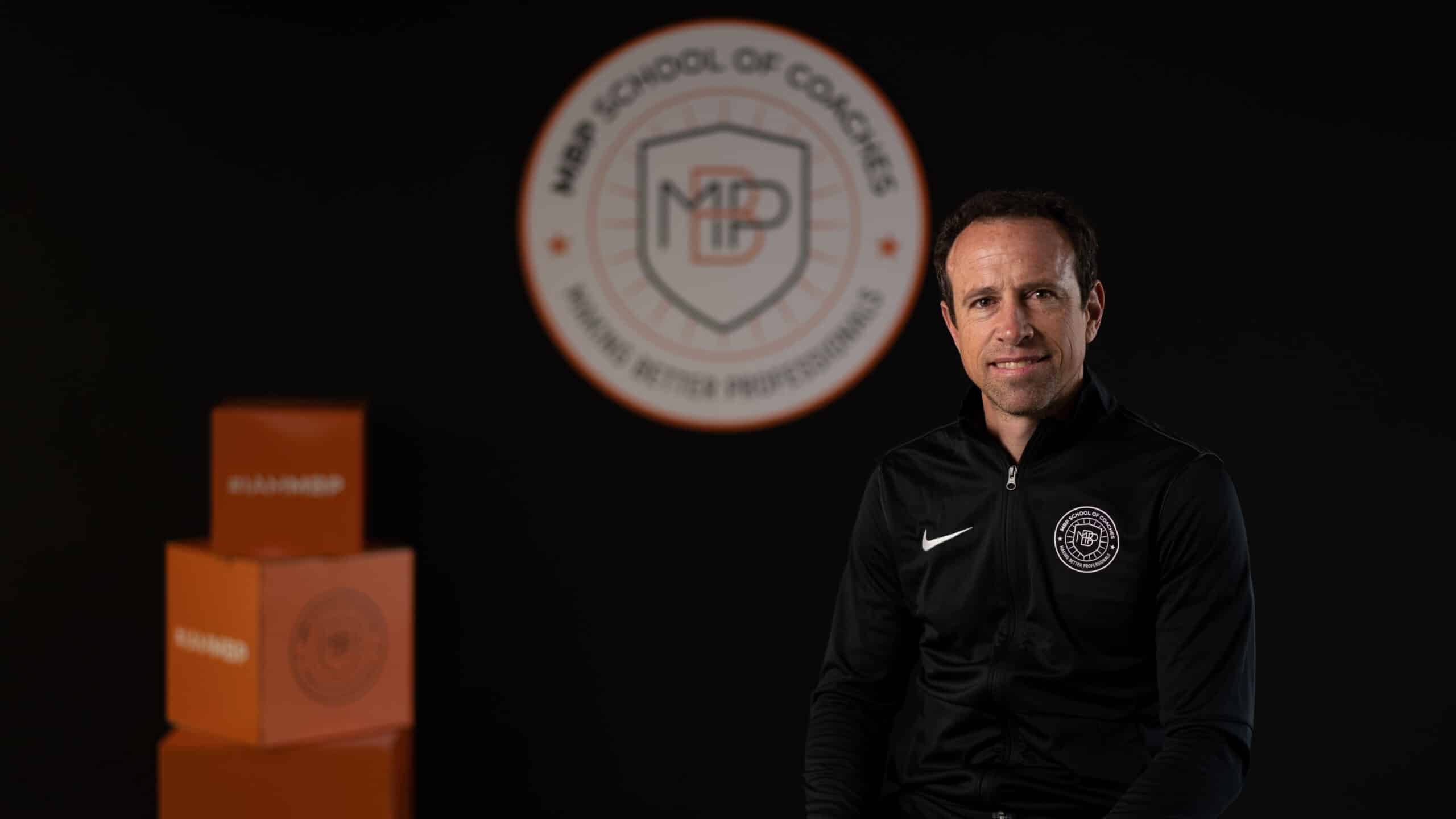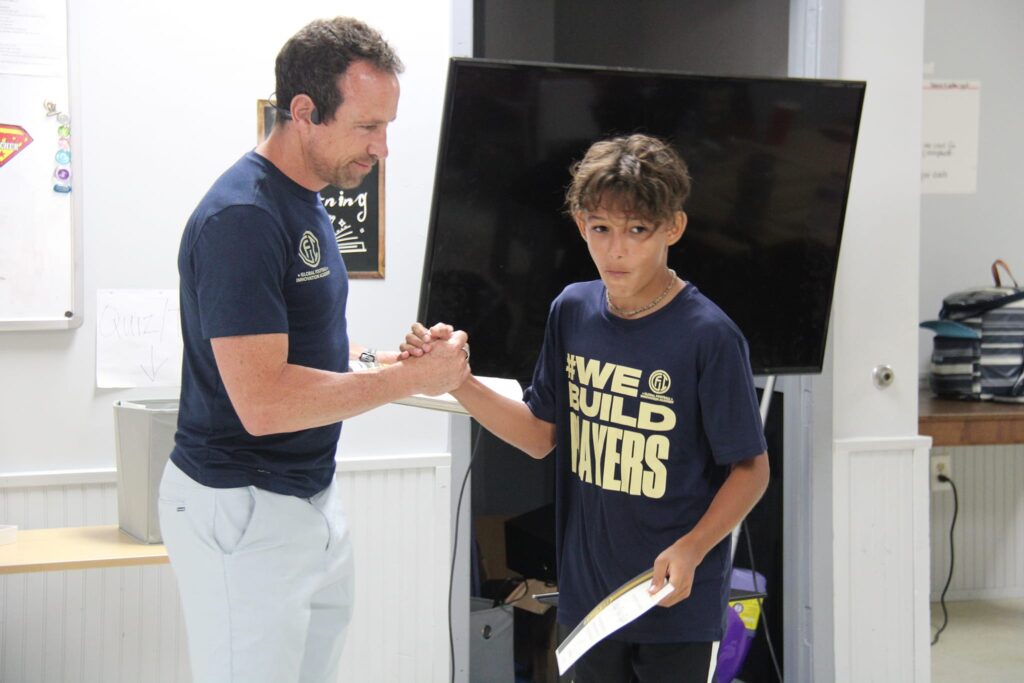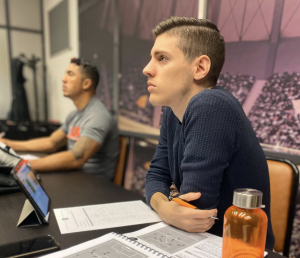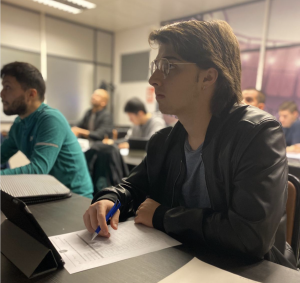Gerardo Torrado Díez de Bonilla, 44 years old, was a midfielder and Mexican international from 1999 to 2014, captaining the team on several occasions. He participated in the World Cups of Korea-Japan 2002, Germany 2006 and South Africa 2010 and is one of the most capped players in the history of the national team, having won the Confederations Cup in 1999 – the team’s greatest feat. He was also runner-up in the 2001 Copa America in Colombia and three-time Gold Cup winner. But, in his own words, the most important thing: “father of three healthy children”.
His first team was Club Universidad Nacional, where he made his debut in the First Division in 1997. He then went on to play in Spanish football for 5 years, with CD Tenerife, Polideportivo Ejido and later in La Liga with Sevilla FC and Racing Santander, before returning to his country and starring for Cruz Azul. During his stay with the latter, he became a key player, serving as captain of the team.
As of 2022, he is a partner of the GFI Academy, a football academy located in Texas, USA. In 2023, Gerardo Torrado completed MBP’s Masters in High Performance Football and is one of the school’s 12 global ambassadors.
Gerardo, thank you very much for agreeing to give us this interview. What did you think of the whole MBP Master’s experience?
Well, the experience has been incredible, it has been fabulous. I had many friends who took the Master’s, which they recommended to me. With this enthusiasm and with this intention to continue growing, I wanted to continue learning and to be able to continue structuring everything I learnt during my career. I think it has been one of the most important choices I have made during my life and during my football career, where MBP has given me all the necessary tools to be able to focus and structure all the knowledge I had acquired as a footballer.

Well, let’s see, I think you have to start from something and starting from something helps you to be clear about what the bases of your model are going to be, where the foundations are that make it, that make it very strong. And then everything evolves clearly and football is dynamic and that will help you understand that some things will have to be modified so that they can be adjusted to the context in which you are going to be in. But it is clear to me that having a basic input model is going to be very useful to be able to apply it wherever I can do it.
At MBP, we have a teaching model that mixes theory and practice, with match analysis and training sessions with local teams. What do you think of this teaching methodology?
Yes, as you mention, this didactic part of the study helps me a lot because I am very visual and there is a phrase that resonates with me a lot which is ‘knowing is doing’. So when you learn something in the classroom, in class, but then you can apply it, that is where you are clearly reaffirming, reinforcing the knowledge you had in class. So this mix of being able to study, to mention something, the individual, universal and collective fundamentals, being able to see them on the pitch clearly leaves you with a very marked image of what you saw in class. So this mix has helped me a lot to understand and to continue understanding football.
You are an ex-player with a lot of experience, but it is also important to have the practical basis to be a coach. How did you find this opportunity to coach some teams here in Barcelona?
I think it’s great that it gives you the opportunity to be with a team and to be able to start to feel that little bug of being a coach, and to be able to understand how you have to run a session, how you have to apply the tasks, where you have to put more emphasis during the task. It has been fabulous. It’s true that, like everything else, when you start to do it, you have a certain amount of nerves and there are certain things that you have to improve, but with the guidance of the tutors who were there, always giving us support and help, it has been an incredible experience. And one of the things that, as I said before, is that you know what you learn, but that you can then clearly apply it. It reinforces all the knowledge that we have been acquiring.
Even though most of them are from the same country, there are also people of different ages, different experiences and different backgrounds. What has the experience been like with the others?
I was the second oldest and there were younger people who came with a lot of energy, ex-players, people who love the sport and are passionate about football. It has been very nice. There are people from other countries, living together with three Chileans, with an Uruguayan. Understanding different cultures and how they live football has been very enriching and I think that not only in these months that we have been here.
I think that this stays forever, right? And they are friendships that are made in the classroom, that are strengthened in practice and that you gain a certain trust and a certain affinity with some more than with others. But this bond that we have managed to make solid, surely it will last, it will last throughout our lives and throughout our football career. Whenever you have any doubts or any need for support, there will always be good, well-trained people who can lend you a hand.
“MBP has given me all the necessary tools to be able to focus and structure all the knowledge I had acquired as a footballer”
As for the Gerardo who has arrived and the Gerardo who is leaving now, how do you see him on a personal and professional level?
It has been very rewarding, being much older and being able to enjoy certain things that when I was younger and lived in Europe I didn’t notice. So, in that sense, I think I’m very grateful and very happy and full. As for the master’s degree, I am very grateful to all the people at my side because it gave me the opportunity to reconnect in a certain way with football, to understand and to be able to put names to it and to put it down on paper so that everything I experienced as a footballer makes much more sense to me.
I can now teach it or put it into practice, whether it be coaching or being in sports management. I am very happy and I think that my change of knowledge of football, from how I arrived to how I am leaving, I am leaving full of knowledge, with an enormous desire to be able to apply it, to be able to transmit it to players with whom I can work with and that will allow me to give them the necessary tools so that we can develop together their whole football life.
What would you say to people who are in doubt about whether it is necessary, by not taking a master’s degree, to pursue this knowledge and to take this step?
Without a doubt, I am convinced that there are three important things that could be certain pillars: being, knowing and having. It never hurts to keep learning and even though I could have been told that I had a 20-year career, that I had five years of experience as general sporting director of the Mexican national team and yet, I have always had the bug that the more I know, the better and the more I can impact and leave a legacy in football both domestically and internationally. So this has been a jewel for me to be able to find MBP who have helped me to discover many things that I already knew but that I didn’t know I knew and that now I have been able to put on paper and that I have been able to get to know it all better. And I am convinced that in this way I will be able to continue leaving a legacy in football.
“I am leaving full of knowledge, with an enormous desire to be able to apply it.”
Since you completed the Master’s in MBP, we have been following your journey at GFI Academy. What is your goal in youth soccer?
My goal is youth soccer, and what I try to convey to people is that we create an enjoyable environment for children to stay passionate, get hooked on soccer from a young age, and as they grow, we can provide them with a highly competitive environment where we encourage players to think intelligently on the field and make decisions and handle situations in the best possible way. We aim to achieve this through real-life scenarios during training sessions so that they have many repetitions of these real situations, making it much easier for them to resolve them when they reach match situations.
How did you receive the invitation to become one of our ambassadors?
I am thrilled to be part of this group of ambassadors with the aim of sharing our passion for the game and our desire to teach players to be better prepared, make better decisions, and enjoy soccer more.
How do you analyze the growth of soccer in the USA?
The growth of soccer in the United States has been exponential in recent years. The arrival of significant players has played a significant role. In this case, the latest was Messi, but there were already other players before him who were starting to make an impact and leave a legacy that children can relate to. With the World Cup on the horizon, there is a tremendous excitement. So, we aim to contribute our part to create an environment of interesting growth and development, making it even more exciting for children to get hooked on and enjoy the game.

